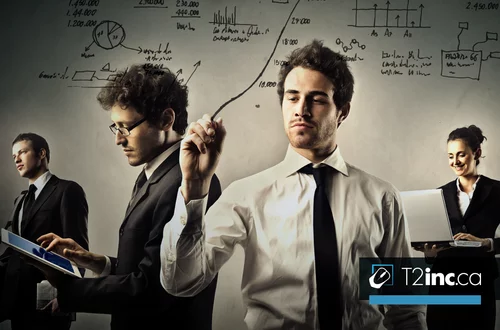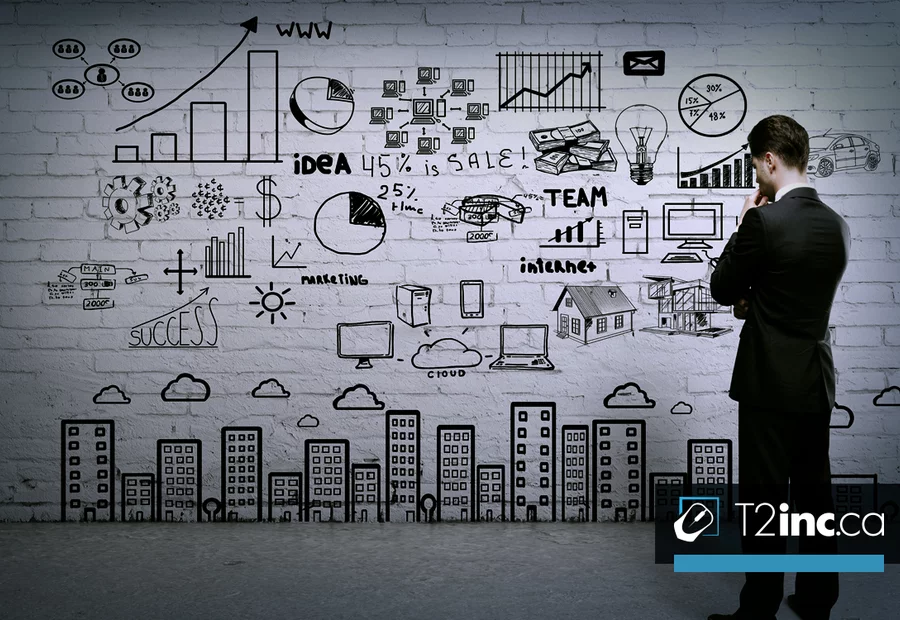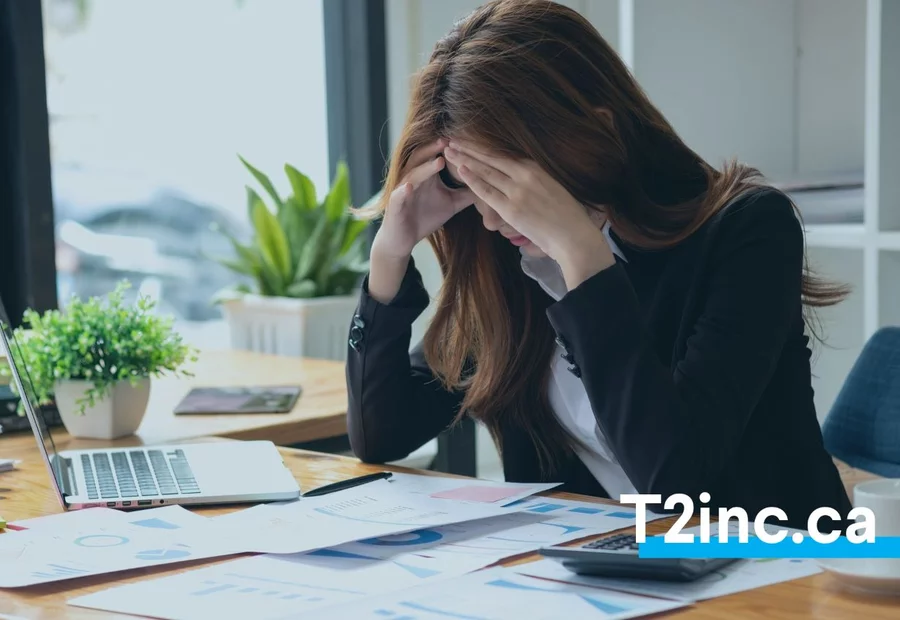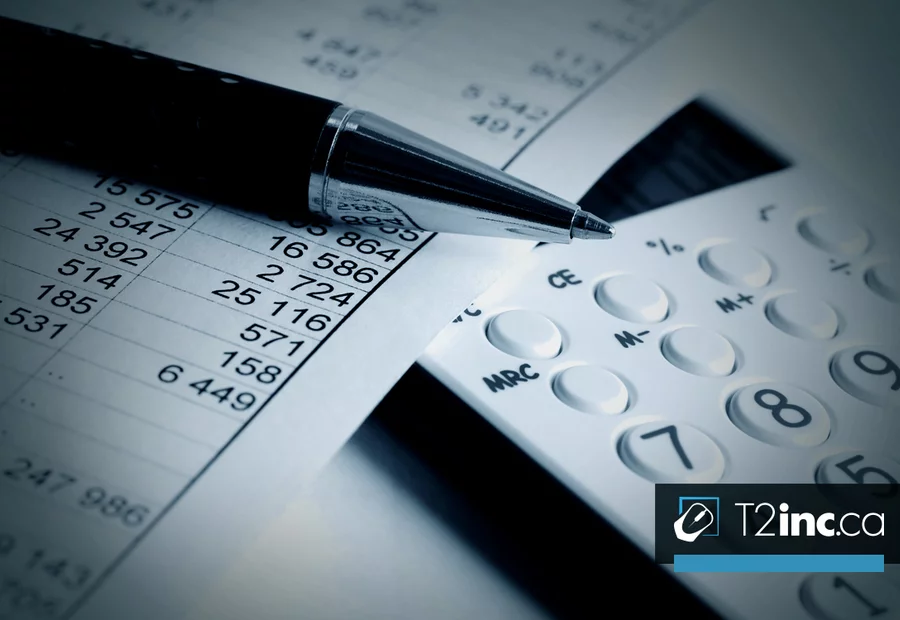Should you buy or lease business equipment?

As a business owner, getting the most out of your tax deductions should be a priority. One of the most overlooked and impactful tax deductions available to you is that of leasing or purchasing new equipment.
This decision should not be made without first considering the tax consequences of each option. In your current situation, is it better to finance the purchase, sign an operating lease or sign a capital lease agreement with a service provider?
In this article, the experts at T2Inc will outline the various business accounting considerations for each of these options. You will be able to decide which option is best for your business.
Advantages of buying business equipment
When you finance an equipment purchase for your business, it automatically becomes an asset to be entered in the company's accounting. When filing your corporate income tax return at the federal level (Form T2) and at the provincial level (Form CO-17 for Québec), you must be able to understand the consequences of these acquisitions on your tax situation.
Capital cost allowance
There are several business expenses that are tax deductible. Among the most rewarding effects is the capital cost allowance (CCA). This deduction consists of deducting the amount of the capital itself, at the time of your purchase.
It is entirely possible to claim CCA directly on the equipment purchased when you file your income tax return. From then on, the deduction is calculated on an annual basis according to the life of the equipment you claimed.
If you financed the acquisition of the new equipment, the funds will automatically be recorded as a liability on the company's balance sheet. The interest on the loan for the purchase of new equipment will be deducted from the taxable income for the specified period.
Advantages of an operating lease for business equipment
An operating lease for business equipment is an agreement between two parties. It states that the business has the right to use an asset or occupy a location, without having the exchange in terms of benefits and risk associated with ownership. The company must then pay a rental fee weekly, monthly or annually, to the supplier of the equipment.
Not owning the property or premises has some tax consequences. First, the expenses you pay for the rental of the property will not be recorded as a liability on the company's balance sheet and will not be included in the calculation of your corporate tax rate. They will also not be included in your assets. Even if you own the property or premises, it is not under your control. In this sense, the company cannot be responsible for it for tax purposes.
Additionally, as a “tenant” of the property or premises, you cannot have these expenses financed by a banking institution. Therefore, no depreciation charges or loan interest will be shown on your business financial statements. However, your business bank will be able to see the payments made under your operating lease. These payments can be deducted from your expenses and therefore your business taxes.
Advantages of a capital lease for business equipment
A capital lease for business equipment has some differences from an operating lease. Unlike an operating lease, a capital lease allows you to acquire a portion of the property or premises for your business. As such, a capital lease gives you responsibility for the benefits and risks of ownership of the property.
From a federal and provincial tax perspective, a capital lease implies that you are the owner of the asset, and therefore the one who controls the use of it. The interest and principal on these materials or equipment are deductible from your business income allowing you to reduce your taxable income. However, since you did not directly finance the purchase of the new equipment, you do not have access to capital cost allowance. This applies for the entire term of the capital lease.
T2inc: your business tax specialist
Choosing between financing an asset, using an operating lease or using a capital lease all have an obvious impact on your overall taxable income. This choice can determine several years of tax returns for your business. It is crucial to make the right choice based on your company's situation.
Because each company is unique, T2Inc's CPA tax experts will guide you in a personalized way for the acquisition or rental of new equipment for your business. To know which option would be the most favorable for your situation, you can always consult a tax accountant. Our professional analysts will study the best options with you and guide you through the pitfalls of the first tax returns.
Don't dread filing your tax return, our tax accountants will provide you with solutions for your T2 and CO-17 forms. Contact us now for ease of mind.
Contact our experts
Have a question? Need help? Fill out our online form to get help from our experts.
Contact usNeed more help?
Contact us by filling out our form
Are you interested in our services, but would like more information before taking the plunge? Contact us today and one of our tax accountants will be in touch to help you.
At T2inc.ca, we're committed to helping business owners manage their company's tax affairs so they can grow their business.




